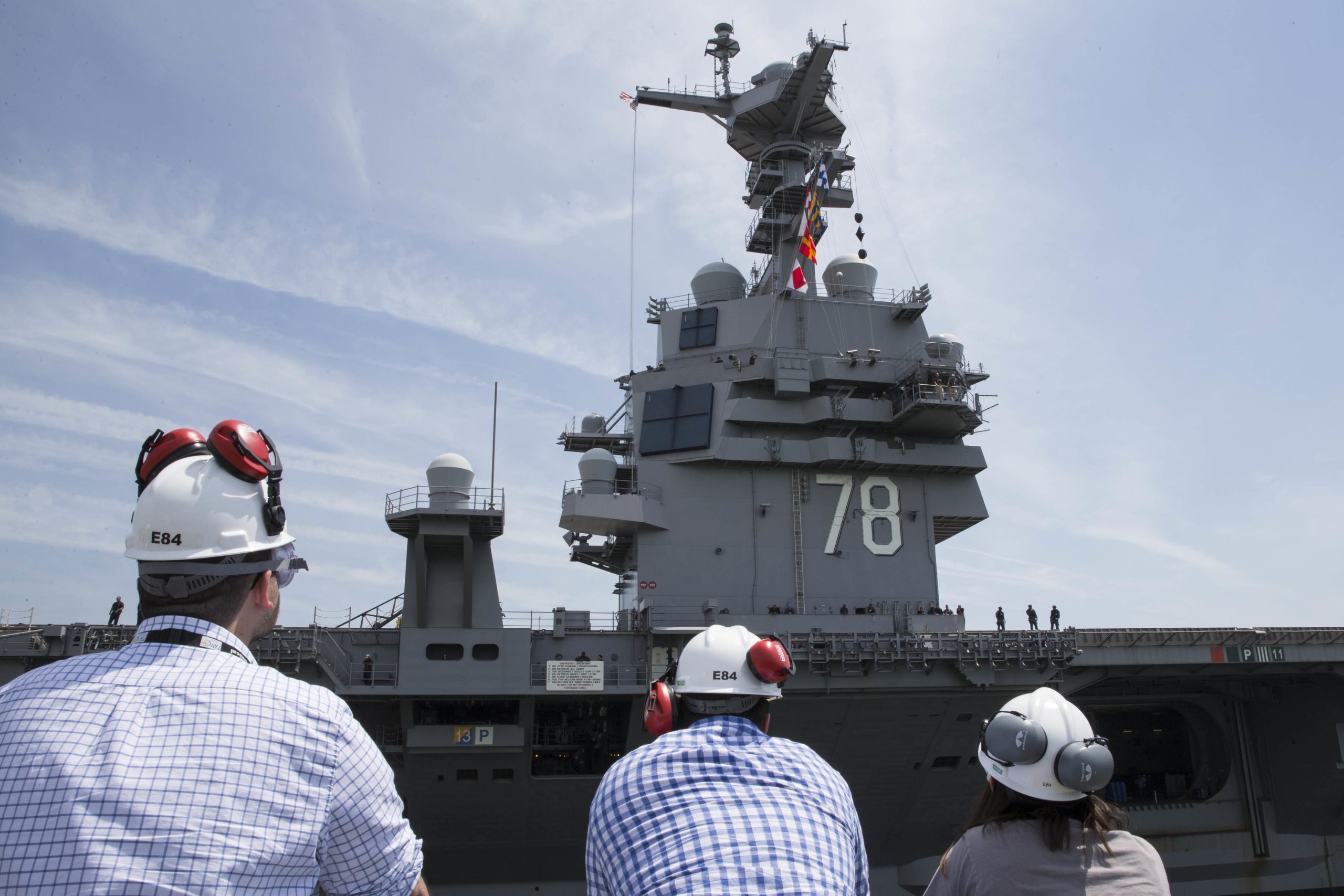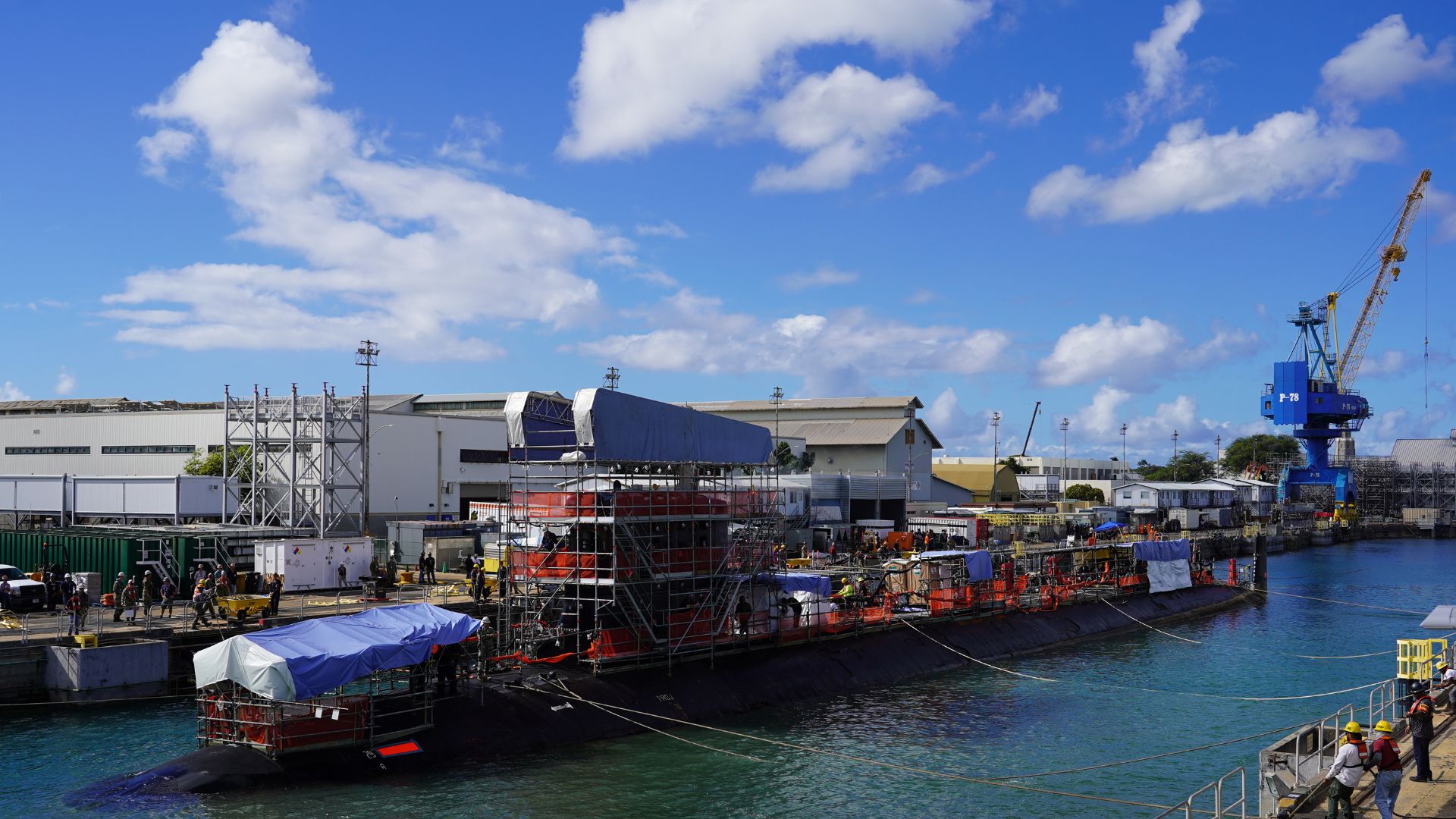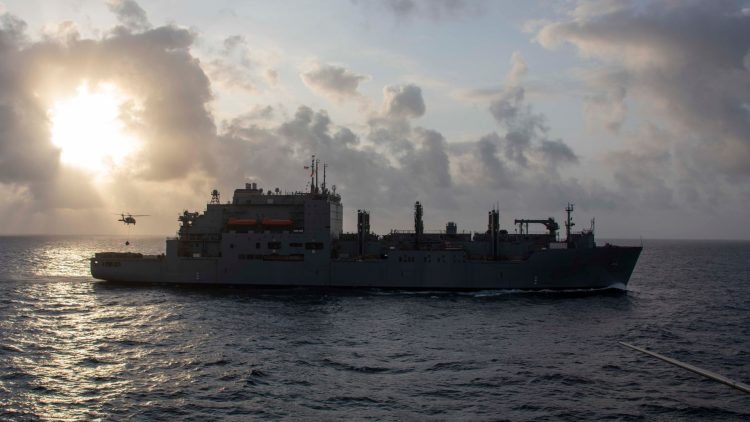Whether it’s defending shipping lanes or supporting naval operations in conflict zones, this bill is about giving the US the resources to respond swiftly and effectively in times of crisis.

Addressing Workforce Shortages
One of the biggest challenges facing US shipbuilding is a lack of skilled workers. Obviously, shipyards can’t function without talented individuals who know how to build, repair, and maintain these vessels.
The bill takes this into account by focusing on workforce development—training new welders, electricians, and other skilled tradespeople.
These are high-paying jobs that don’t require a four-year degree, which could be a game-changer for young Americans looking for career opportunities.
Programs like The Apprentice School at Newport News Shipbuilding serve as great examples of how investing in workforce training can make a real difference.
The bill proposes, as discussed during the Wednesday dialogue event, expanding these initiatives to ensure that the US has the manpower needed to build and maintain a fleet capable of supporting both military and commercial needs.
Modernizing Infrastructure for Maritime Defense
It’s not just about the ships themselves; we also need the infrastructure to support them.
The “Ships for America Act” proposes expanding dry docks, ship repair facilities, and other essential infrastructure to keep our naval and commercial fleets in top shape.
In a world where maritime dominance is key to projecting power, these upgrades will be vital for maintaining a strong US presence in strategic regions like the Pacific and the Middle East.
As we’ve seen in the ongoing conflict between Ukraine and Russia, prolonged warfare requires a robust and resilient support system.
The US needs to be able to quickly repair and resupply ships in the event of an extended conflict—something we currently struggle with due to reportedly outdated infrastructure.
Competing with China’s Maritime Dominance
Let’s face it: China’s shipbuilding industry is a rising juggernaut.
Heavily subsidized by the government, it churns out commercial and military vessels at an astonishing rate, supporting both its navy and its global trade dominance.
The “Ships for America Act” aims to close this gap by increasing the number of American-built, American-flagged ships, reducing our dependence on foreign production, and strengthening our own maritime industry.
This bill isn’t just about keeping up with China—it’s about staying ahead. By investing in shipbuilding, the US can ensure it has a fleet capable of responding to threats, protecting trade routes, and supporting military operations across the globe.
Long-Term Resilience and Preparedness
The key to the “Ships for America Act” is long-term resilience. It’s not just about building more ships in the short term—it’s about creating a sustainable maritime defense strategy for decades to come.
The bill focuses on ensuring the US has the capacity to handle prolonged conflicts, whether it’s over Taiwan, the Philippines, or any other strategic location.
In the event of a conflict in the Pacific, China’s likely target would be US supply lines, making it critical to have a fleet capable of operating without constant resupply from abroad. So, by increasing our shipbuilding capacity and improving our repair infrastructure, the US will be better prepared for any long-term engagement.

Final Thoughts on Securing Our Seas
The “Ships for America Act” is a vital piece of legislation that addresses some of the most pressing national security concerns facing the US today.
With China rapidly expanding its maritime power, the US can’t afford to fall behind. By revitalizing shipbuilding, addressing workforce shortages, and modernizing infrastructure, this bill sets the stage for a stronger, more self-reliant maritime defense.
In an increasingly competitive global landscape, the US needs to be prepared for the long haul, and the “Ships for America Act” ensures that, when the time comes, we’ll have the ships, the people, and the infrastructure we need to defend our interests and uphold national security.
—
Disclaimer: SOFREP utilizes AI for image generation and article research. Occasionally, it’s like handing a chimpanzee the keys to your liquor cabinet. It’s not always perfect and if a mistake is made, we own up to it full stop. In a world where information comes at us in tidal waves, it is an important tool that helps us sift through the brass for live rounds.










COMMENTS